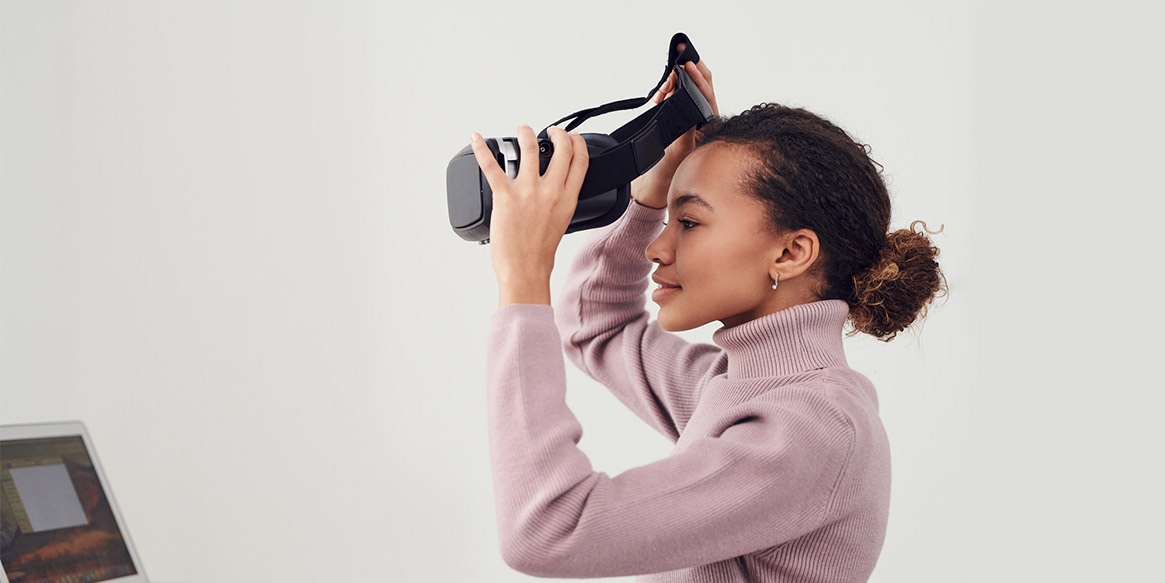Guest Writer: Stevie Nicks
The real estate world has been steadily embracing technology for some time now, and the outbreak of the COVID-19 pandemic has only accelerated the process (just as it has driven the acceptance of remote working as a standard). The demands of the property market have certainly changed with lockdown measures coming into play, and the prevalence of real estate tech has played a key role in keeping it going by enabling new ways to find, view, assess and even finance properties. Why don’t we look at the specifics? It’s interesting to consider not only how tech has already changed real estate but also how it’s continuing to change the field. Sellers and buyers alike are benefiting, but here we’re going to focus on the benefits for buyers, so let’s get to them.
Mobile data is making more properties viable
I mentioned remote working becoming more popular out of necessity, and some of that effect is going to stick, so more and more companies will allow their employees to work from home. The only problem with remote working is that it requires excellent connectivity: a house in the country may be lovely and relatively cheap, but internet infrastructure might not stretch that far.
Through the rollout of mobile technologies such as 5G and the general lowering of data rates, the need for wired connections is steadily decreasing. Many people can already work effectively using tethered 4G connections, and 5G has the potential to deliver speeds that should suffice for almost all remote professionals. This really opens up the possibilities, making it an exciting time to consider properties that lie off the beaten path (even those elsewhere in the world!).
Machine learning is optimizing mortgages
There’s been so much talk in recent years about the potential of AI to revolutionize any industry you care to mention. Computer algorithms can work faster and on a grander scale than people can, bringing in data from countless sources and parsing it to yield valuable insights — and this can be extremely useful for financial calculations.
Consider a mortgage broker service like Breezeful: comparison services have previously functioned through manual effort (employees negotiating with various partners) leading to boilerplate rate calculations, but the use of machine learning makes it possible to heavily automate this process, saving time and money for brokers and buyers alike.
VR tech is allowing remote property previews
The property viewing process was previously static: the real estate agent would arrive at the property, get it ready for viewing, welcome the prospective buyer, show them around, answer their questions, then let them go with some suggestions about making an offer. It didn’t change throughout history because it couldn’t change — until VR, of course.
It’s been possible to provide photos and videos for a long time, but even GoPro-style videos aren’t enough for interested parties. They want to know how big rooms feel and what it’s like to walk through the properties they’re considering. That’s where VR enters the picture.
The 3D Tour solution from iGUIDE brings together various elements, including a floor plan with measurements, a standard video, and an interactive 360-degree view from various positions. Whether used in a 2D window or (as is ideal) viewed in full 3D through a VR headset, it offers enough insight into a property that someone could plausibly make a final decision based on it.
AR is enhancing interior assessments
You may have used AR in mobile games, but it’s physical preview apps like IKEA Place that really show what it can achieve. Consider the following scenario: either through using appropriate social distancing or through waiting until lockdown measures are lifted, a prospective buyer visits a property in person, but it’s an empty shell. Perhaps it’s newly constructed, or its previous contents have been removed.
That person wants to get some idea of how their existing furniture would suit that space. They could just imagine it, of course, but AR can do better than that: they can take out their smartphone and virtually place furniture with the correct dimensions, allowing them to easily gauge how all the elements would work together.
Technology is making it easier for aspiring property buyers to find suitable listings, review them thoroughly (even at a distance), and secure optimal mortgages. As the year progresses and we creep towards 2021, it’ll be fascinating to see what new tech developments filter into the real estate world.
Stevie Nicks is Digital Editor at Just Another Magazine – a website that covers the topics you care about. You’ll find articles about lifestyle, travel, fashion, trends and relationships on our site – each of which is written in our unique style.


